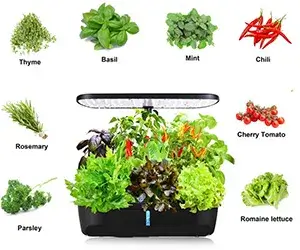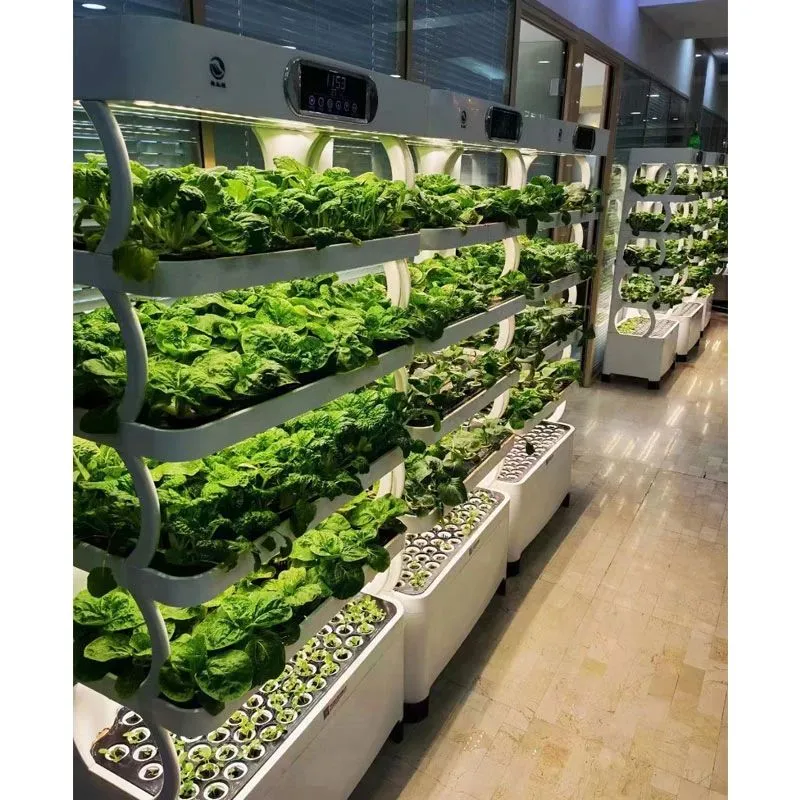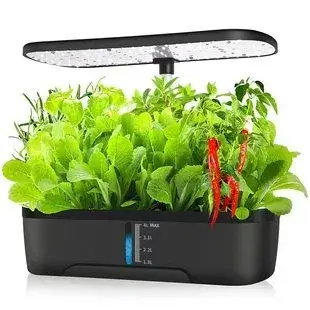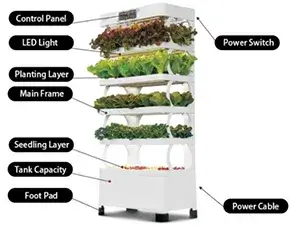Top Additives for Hydroponic Nutrient Solutions
Hydroponic systems have revolutionized the way we grow plants, allowing for efficient cultivation without soil. At the heart of these systems lies the nutrient solution, which provides essential elements that plants typically extract from the soil. While a well-formulated nutrient solution is crucial, many hydroponic growers turn to additives to enhance plant growth and optimize their yields. In this article, we will explore the most common hydroponic additives, their benefits, and guidelines for effective use.
Understanding Hydroponic Additives
Hydroponic additives are substances introduced into nutrient solutions to boost plant growth and health. These can be natural, such as sea kelp, or synthetic, like specific chelating agents. While additives may not be necessary for every nutrient formula or plant type, when used appropriately, they can provide significant advantages.
Why Use Additives?
Additives can offer various benefits, including:
- Improved growth rates
- Enhanced nutrient absorption
- Increased resistance to stress and disease
- Enhanced root development
- Better overall plant health
By incorporating these additives into your hydroponics system kit, you can help your plants thrive and maximize their potential.
Common Hydroponic Additives
1. Amino Acids
Amino acids are the building blocks of proteins and play a vital role in plant development. Although plants naturally produce amino acids, supplementing them can free up nutrients for other essential processes. Many growers report that using amino acids in their nutrient solutions promotes healthier and more vigorous growth.When to Use: Consider using amino acids during critical growth stages, such as early vegetative growth or when plants are under stress.
2. Auxins
Auxins are plant hormones that stimulate root development and new growth. While plants produce auxins naturally, growers can enhance root growth in cuttings or clones by adding auxin supplements. These additives are available in liquid or powder form and are particularly beneficial for propagation.When to Use: Use auxins when cloning or propagating plants to encourage robust root systems.
3. B Vitamins
B vitamins are essential for plant health and can help plants cope with environmental changes. These vitamins facilitate faster growth, reduce stress, and enhance disease resistance. Many hydroponic growers start incorporating B vitamins early in the growth cycle.When to Use: Use B vitamins throughout the growth cycle, especially during early sprouting and when plants face stress.
4. Chelates
Chelates are compounds that help plants absorb essential minerals that may be difficult to obtain, particularly metallic elements like iron and copper. Chelates can be organic or synthetic, with organic options like humic and fulvic acid providing additional nutrients. Synthetic chelating agents are effective in “wrapping” minerals for plant accessibility.When to Use: Utilize chelates when you notice nutrient deficiencies, particularly for iron and other trace minerals.
5. Compost Tea
Compost is a rich source of organic nutrients and beneficial microbes. Compost tea is made by steeping compost in water, allowing nutrients to leach into the solution. While it can provide a variety of nutrients, it’s essential to monitor its use to prevent nutrient overload.When to Use: Use compost tea as a supplemental nutrient source, especially in organic hydroponic systems.
6. Kelp
Kelp is a well-regarded additive in both soil and hydroponic gardening. It contains a wealth of micronutrients and can help optimize nutrient uptake. Kelp is particularly effective during the flowering and fruiting stages, promoting faster growth and improved harvest quality.When to Use: Incorporate kelp during flowering and fruiting or when aiming to speed up harvest times.
7. pH Adjusters
While not a nutrient additive per se, pH adjusters are vital for maintaining the proper pH balance in nutrient solutions. The pH level affects nutrient availability, and maintaining it within the optimal range is essential for plant health. Adjusters are typically available in liquid form for raising or lowering pH.When to Use: Regularly test the nutrient solution’s pH and use adjusters as needed to keep it within the ideal range (usually between 5.5 and 6.5).
Best Practices for Using Hydroponic Additives
1. Test Regularly
Before adding any additives, routinely test your nutrient solution for pH and nutrient levels. This ensures you are addressing specific deficiencies and helps prevent over-application.
2. Start Small
When introducing new additives, begin with small amounts. Gradually increase the dosage while monitoring plant responses to avoid overwhelming them.
3. Combine Wisely
Some additives work better together. For instance, combining kelp with humic or fulvic acid can enhance nutrient uptake. However, be cautious about combining too many additives at once to avoid nutrient imbalances.
4. Observe Plant Health
Pay close attention to your plants’ growth patterns and overall health. Adjust your additive regimen based on their responses, and be prepared to modify your approach as conditions change.
5. Research Additives
Not all additives are suitable for every plant type or growth stage. Research specific additives to understand their benefits and best application practices relevant to your hydroponic kit.
Conclusion
Using the right additives in your hydroponic nutrient solution can significantly enhance plant growth and yield. From amino acids to kelp, each additive offers unique benefits that can help your plants thrive. By understanding when and how to use these additives, you can optimize your hydroponics system kit for the best results. Remember to test regularly, start small, and observe your plants closely to ensure a successful and rewarding hydroponic gardening experience.Incorporating these practices into your indoor hydroponic tower grow system will not only provide the nutrients your plants need but also support their overall health and vitality. With the right approach, hydroponic gardening can be a fulfilling and productive endeavor, yielding vibrant, healthy plants for your enjoyment or consumption.






